'All roads lead to Rome' was once the prevailing view in Europe. 'Keep your eyes on Paris' became later the catch-phrase. Then, in the twentieth century, America became the ne plus ultra, although for a short time some thought that Berlin, or even Moscow, would become the center of the world. Nowadays, more and more people say that all roads lead to East Asia, more precisely, to China. The country in the Far East imagines a world order with China at its centre. This is hardly surprising, given that the ancient name of the Celestial Empire is Zhongguo, which means 'Middle Kingdom'. In fact, China is the only country in the world whose population and civilization have survived for thousands of years, and until the early 19th century it had the strongest economy in the world.
But all roads leading to China is not merely symbolic, as
this week, perhaps the most important global economic event of the year, the 3rd Belt and Road International Forum, is taking place in Beijing, with more than 140 countries and over 30 international organisations having indicated their wish to attend. There is nothing strange about this, suffice it to point out that China, alongside India, is by far the most populous country on our globe, and the world's second largest economy and number one exporter.
Last but not least, China is one of the strongest military powers (after the US and Russia). The Belt and Road Initiative itself is a modern version of the ancient Chinese Silk Road, but far larger in scale. The long-term plan is to build a New Silk Road, restoring and rebuilding China's former economic, commercial, political and cultural role and importance in Eurasia, with five main instruments - infrastructure, trade, finance, politics and people connected - through six trade and transport corridors.
It was exactly ten years ago, in the autumn of 2013, that Chinese President Xi Jinping announced this unprecedentedly ambitious initiative, which has so far been joined by more than one hundred and fifty countries and over thirty international organizations.
However, the EU - partly due to ideological considerations and miscalculation, partly due to servile subordination to the expansionist, confrontational policy of the American empire - is not taking part in 3rd Belt and Road Summit - with Hungary's prime minister being the only one among the EU leaders to attend - which is a serious mistake, because the EU's biggest trade partner is no longer the US but China. And if the Americans' nightmare comes true, that is, if China joins forces with the country that's the world's largest in terms of territory, the richest in terms of minerals and energy resources, and the globe's second strongest nuclear power, then the vast China-Russia-led zone (which is being joined by a growing number of emerging countries) will be impossible for the Western world to go round, let alone isolate.
Hungary's government was the first in Europe to sign the Belt and Road cooperation agreement in the spirit of the new foreign trade/foreign affairs strategy announced in 2012, the policy of opening towards the East, which was the prelude to preparing for the new multipolar world order.
The world has entered a new era, Viktor Orban said, speaking about the power shift taking place in the world during his visit to China in February 2014. He pointed out that
Over the last one hundred years, Hungary has been regularly mocked for being a nation of 'Asian' origin, so today we really smile at what is taking place in the global economy, how our Asian origin, often mentioned mockingly, has suddenly become something so much in demand throughout the world, because it is obvious that the center of gravity in the global economy is moving from the West to the east.
Speaking at the Balvanyos summer free university in Baile Tusnad in the summer, Hungary's prime minister said that China has shifted the balance of power in the world and caught up with the world leader United States in terms of economic, technological and military development, noting that there are two suns in the sky. Those who considered this part of the speech a novelty are mistaken. In recent years, Viktor Orban has repeatedly said that we are sailing under a Western flag , though an Eastern wind is blowing in the world economy.
We belong to the West (as is known, for more than a thousand years), we are solid and sovereign members of the Western alliance (NATO, EU), and we will remain in Europe as long as there is Europe. This is in no way in contradiction with the fact that at the same we are striving for friendly relations and mutually beneficial economic, cultural and political cooperation with the East.
And not only because we once came to Europe from the East, and because we retain numerous Asian features in our national character, mentality and culture, but also because it is in our foremost national interest, given our geographical and geostrategic position.
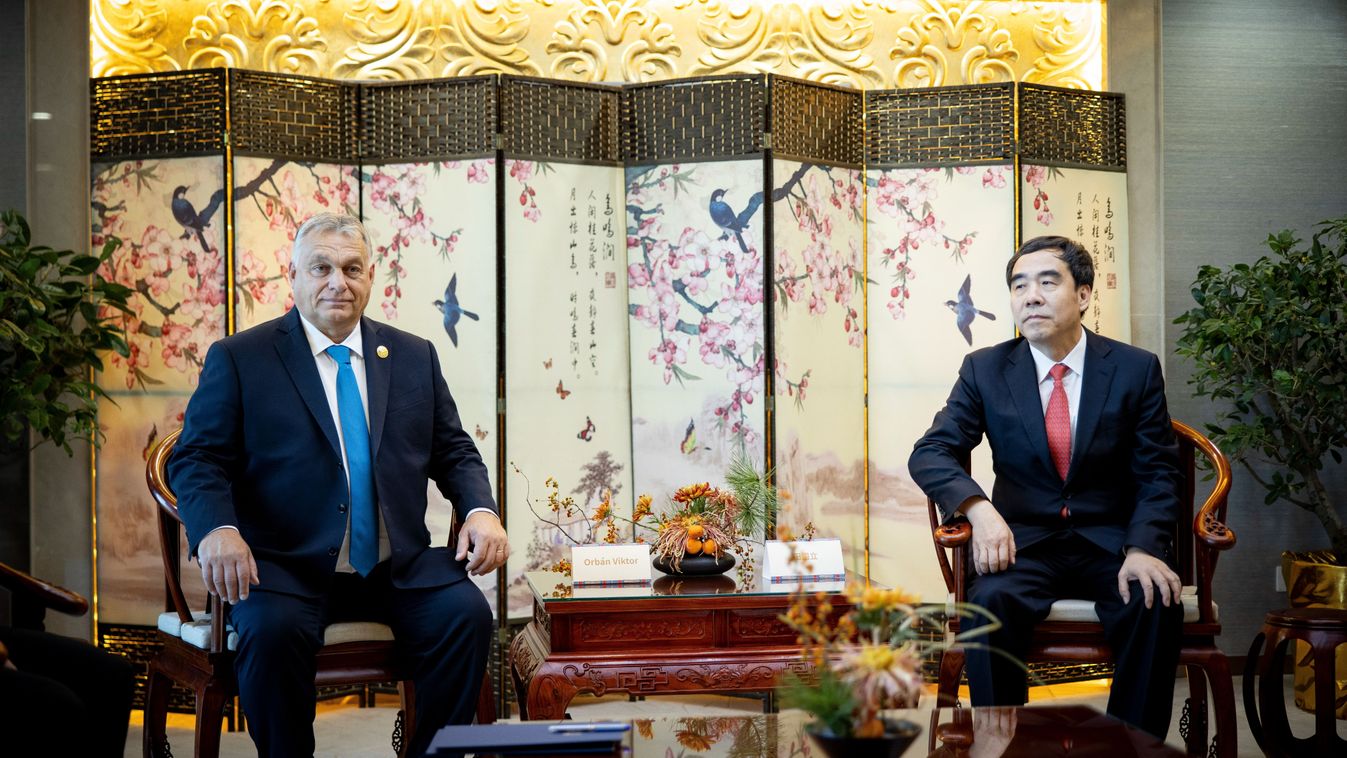
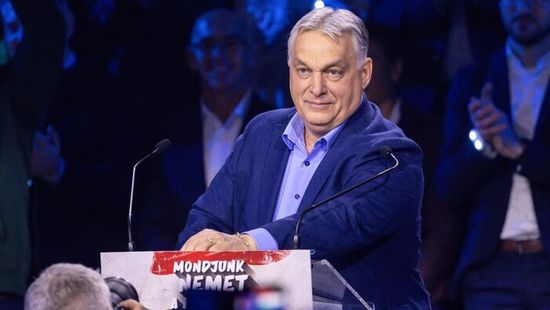
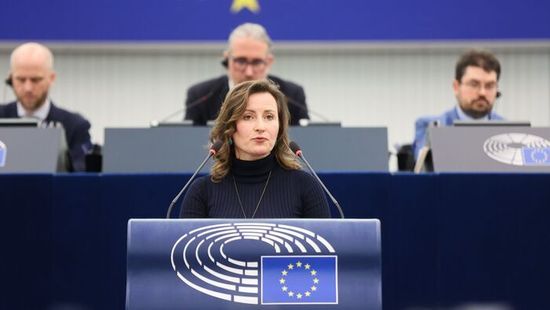
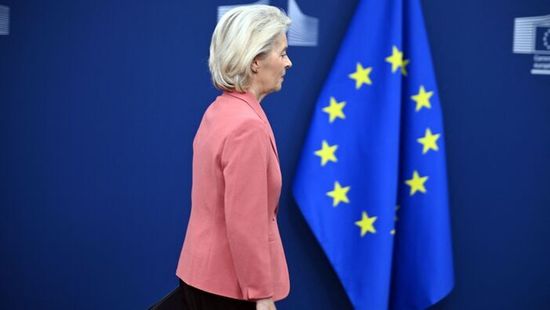
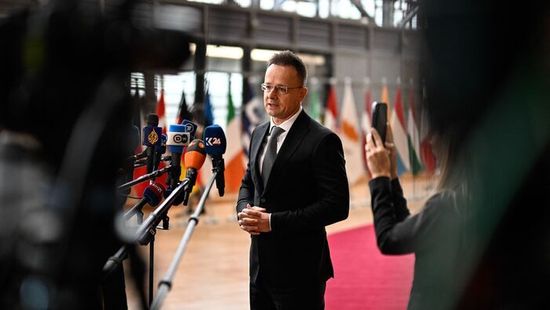

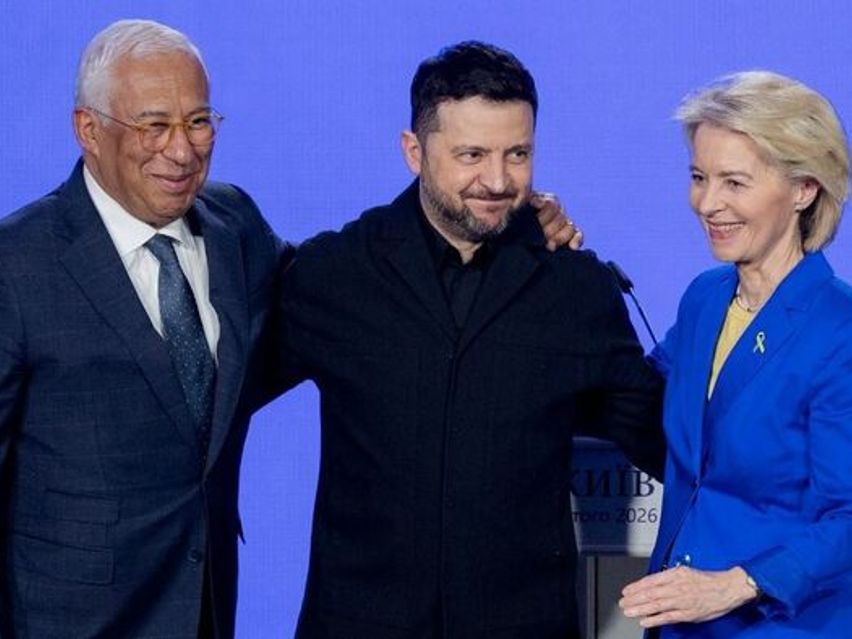
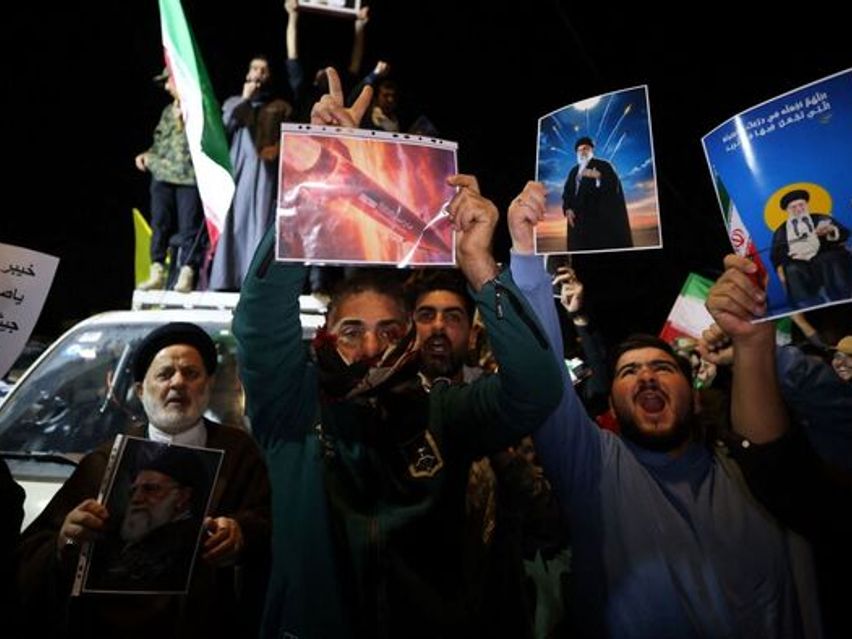
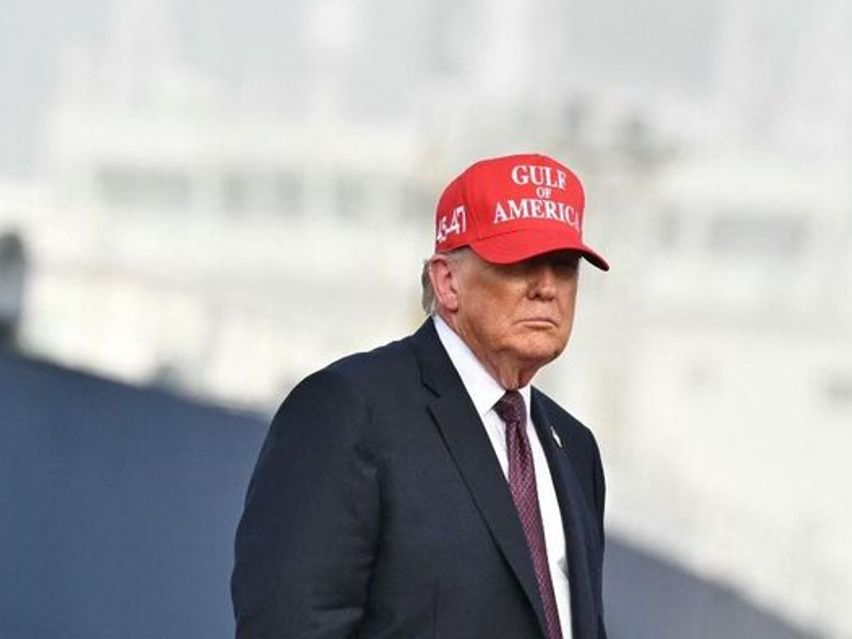
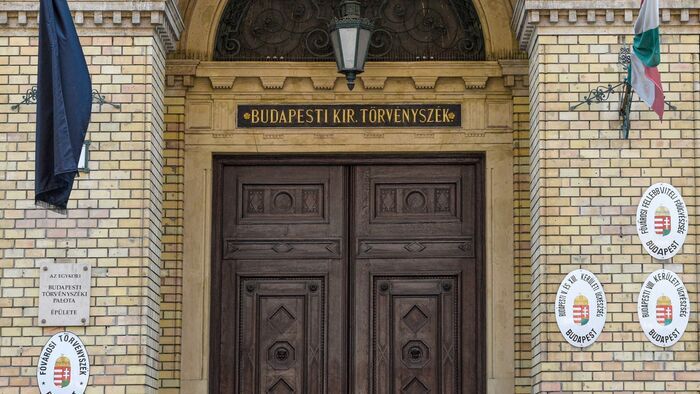


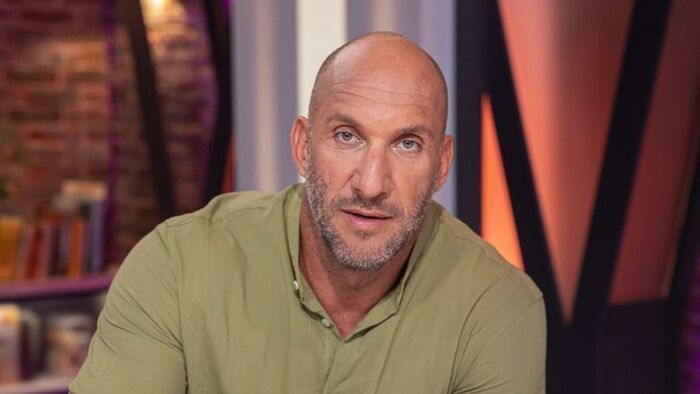
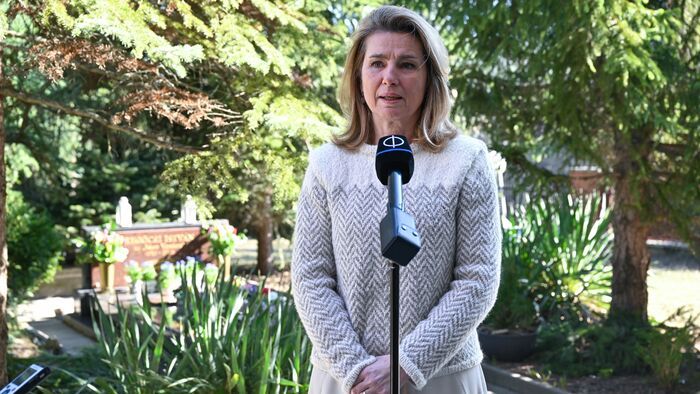

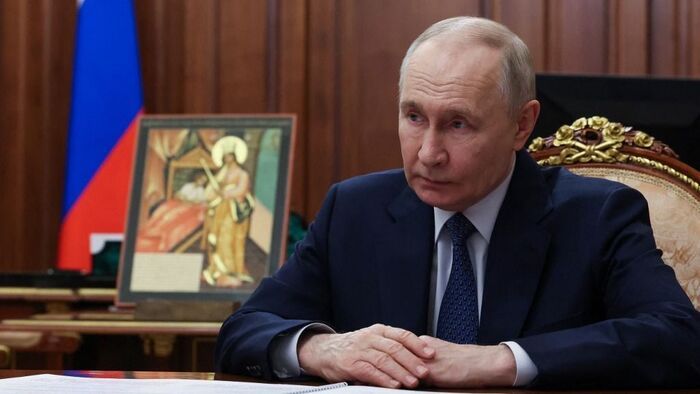
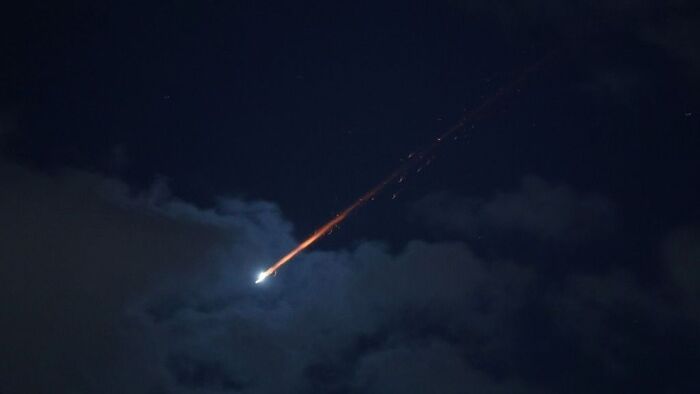
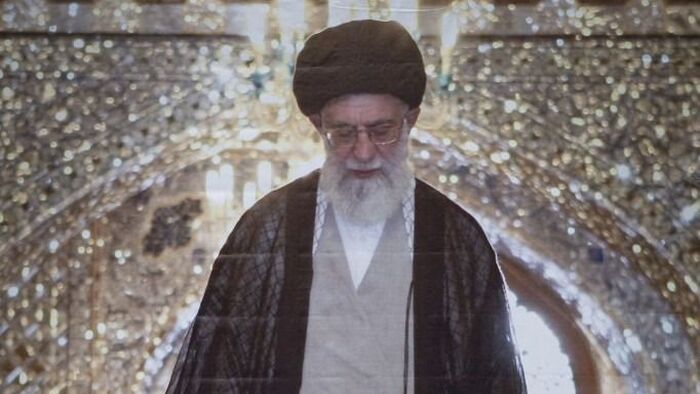



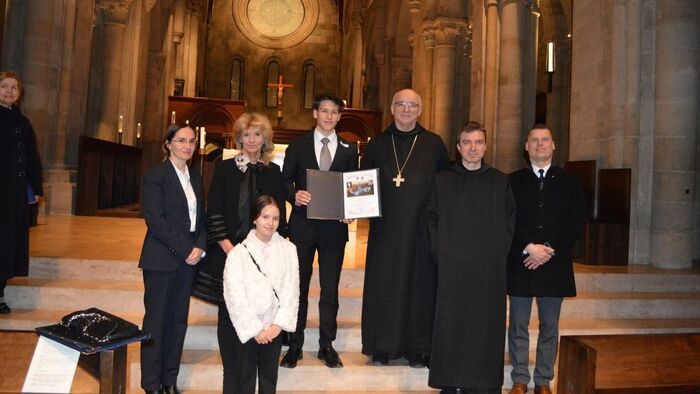

Szóljon hozzá!
Jelenleg csak a hozzászólások egy kis részét látja. Hozzászóláshoz és a további kommentek megtekintéséhez lépjen be, vagy regisztráljon!